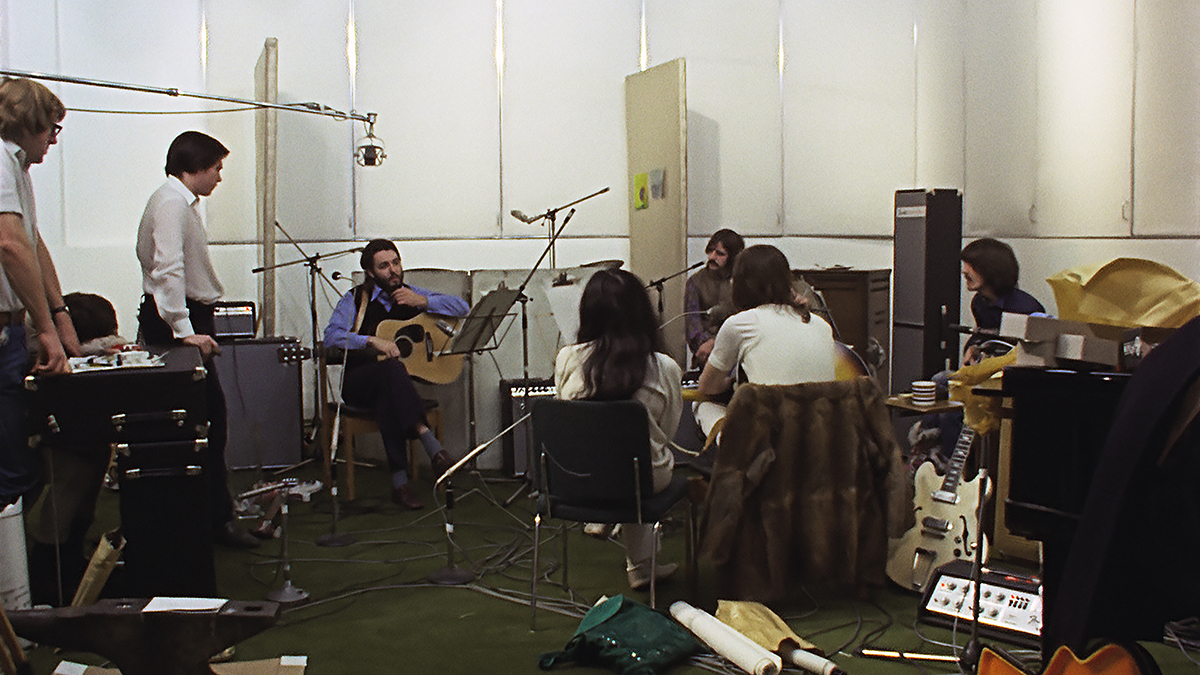Peter Jackson says that he used machine learning to restore the Beatles’ music for Get Back documentary: “We made some huge breakthroughs in audio”
Director explains how he managed to separate the vocal, guitar, drum and bass tracks

Peter Jackson’s Get Back docuseries, which uses archive footage to go behind the scenes on The Beatles' 1969 recording sessions, is undoubtedly one of the music TV events of the year (all three parts are streaming now on Disney+ ), but it certainly wasn’t the easiest project to bring to the screen.
We already knew that Paul McCartney initially had his doubts about the film, but now Jackson has been shedding some light on some of the technical challenges he faced during its production, and how they were overcome.
Take the sound, for example. Jackson had many hours of audio recordings to work with, but these were in mono. So, a system needed to be developed so that the tracks contained within them could be isolated and remixed.
“To me the sound restoration is the most exciting thing,” Jackson told Variety. “We made some huge breakthroughs in audio.”
Going into more detail, Jackson explained: “We developed a machine learning system that we taught what a guitar sounds like, what a bass sounds like, what a voice sounds like. In fact we taught the computer what John sounds like and what Paul sounds like.
“So we can take these mono tracks and split up all the instruments - we can just hear the vocals, the guitars. You see Ringo thumping the drums in the background but you don’t hear the drums at all. That allows us to remix it really cleanly.”
AI-powered ‘demixing’ software is becoming increasingly popular in the industry. A new stem separation technology called Audioshake was recently announced - this is designed for rights holders who might not have access to the original stems.
Want all the hottest music and gear news, reviews, deals, features and more, direct to your inbox? Sign up here.
Consumers, meanwhile, can give Hit’n’Mix: DeepRemix a try - an affordable piece of software that, similarly, is designed for breaking tracks apart - while DJs will note that Algoriddim’s Neural Mix technology in djay enables them to isolate drums, instruments and vocals in real-time.
Find out more about the audio and video restoration work required to make Get Back on the Variety website.



I’m the Deputy Editor of MusicRadar, having worked on the site since its launch in 2007. I previously spent eight years working on our sister magazine, Computer Music. I’ve been playing the piano, gigging in bands and failing to finish tracks at home for more than 30 years, 24 of which I’ve also spent writing about music and the ever-changing technology used to make it.